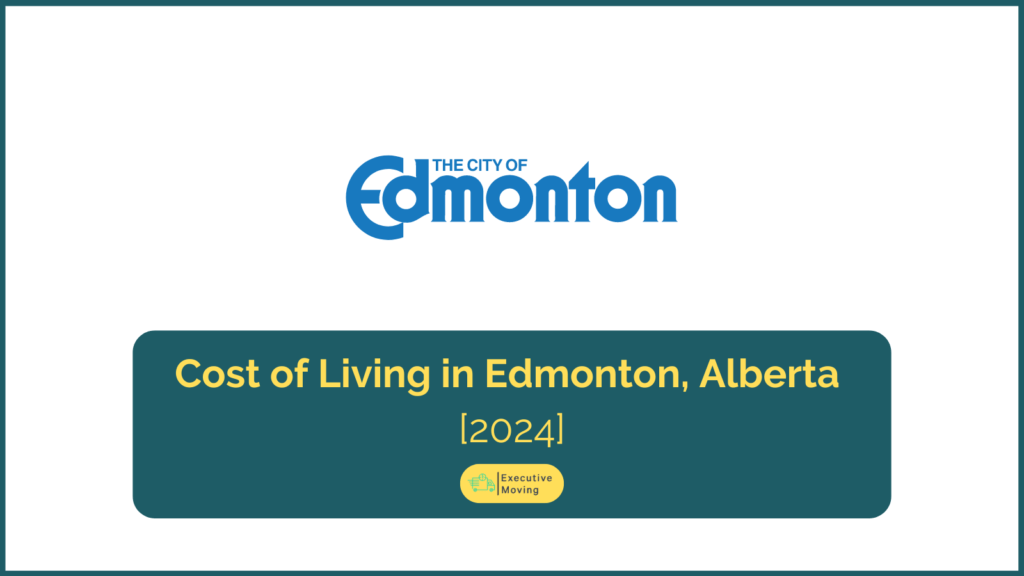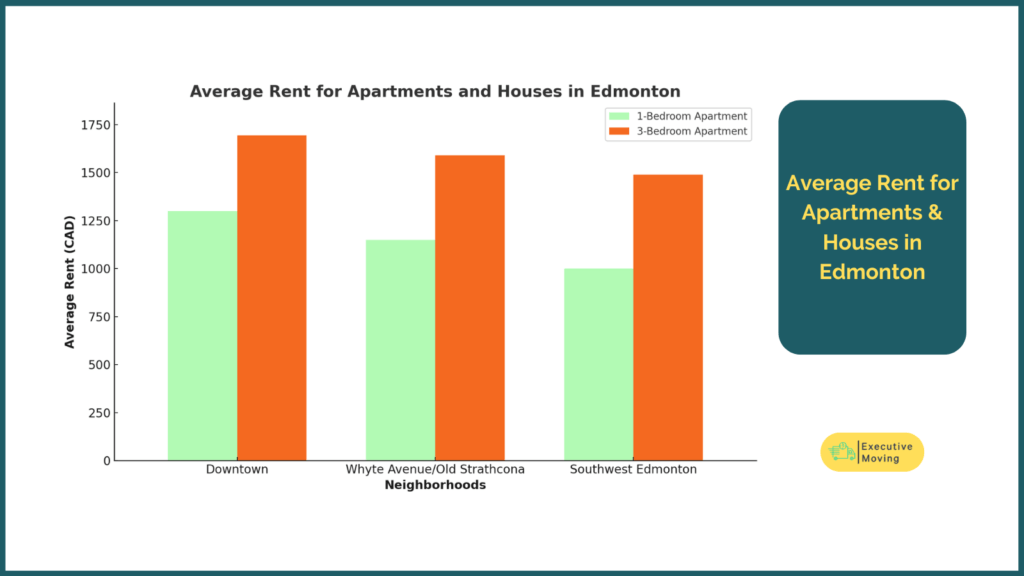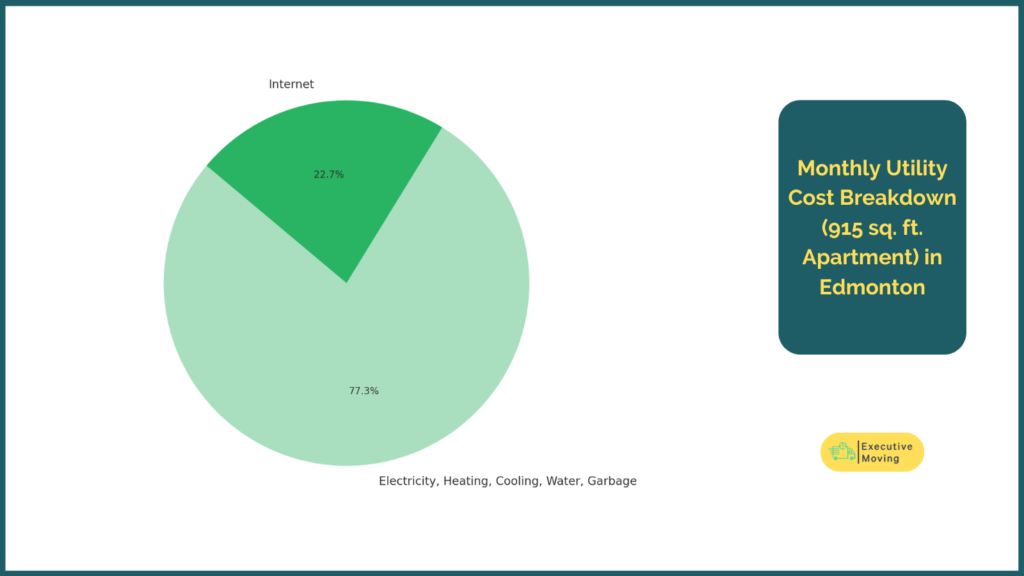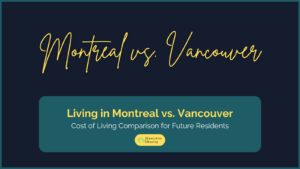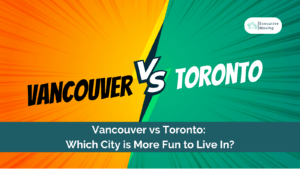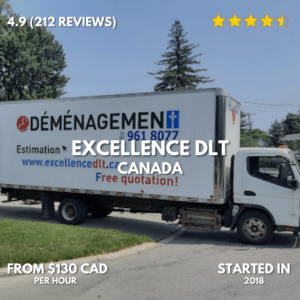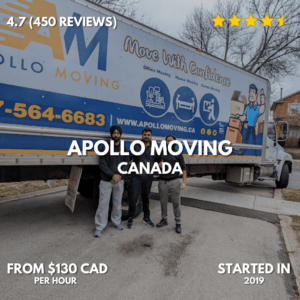
Apollo Moving
Apollo Moving Canada Request a Quote Scores Valuable Info Cost of Moving Services by Distance Services by Category Coverage & Insurance Affiliations Areas of Operation Total Score Moderate 67% Cost of Local Moving Good 70% Variety of Services Good 83% Affiliations Poor 24% Reviews Great 91% See How We Calculate

